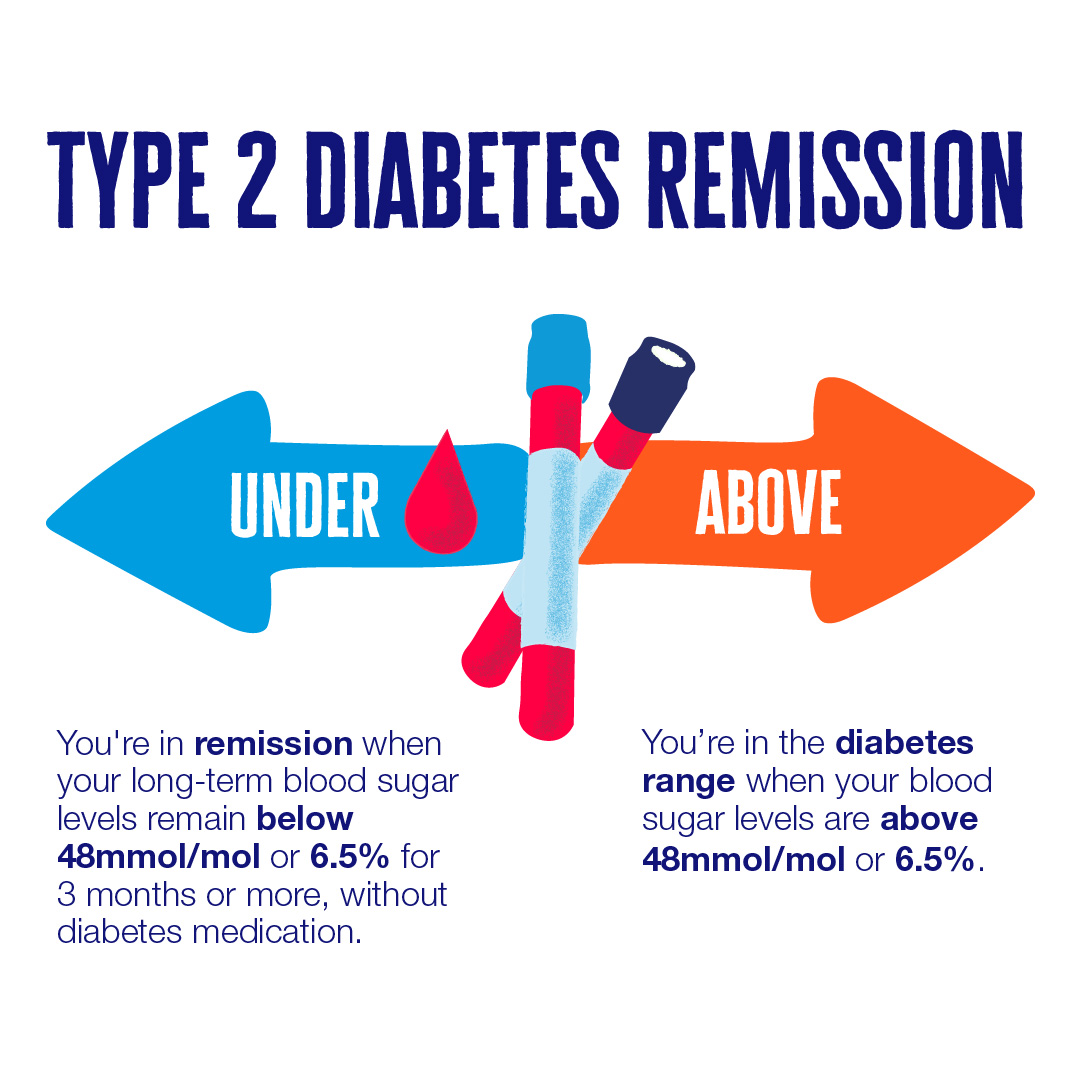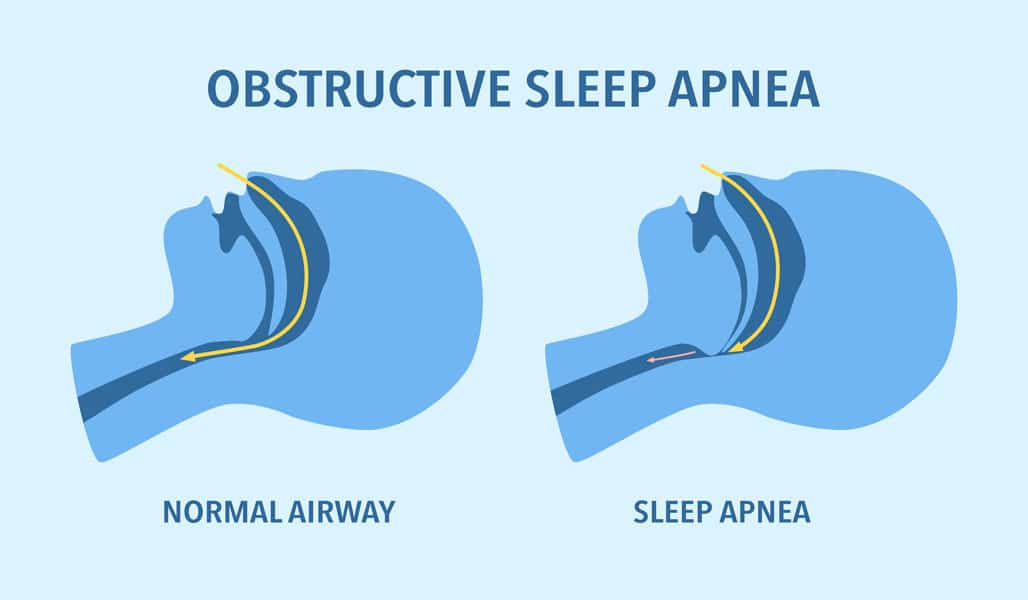Obesity carries profound physical and emotional burdens, from chronic health conditions to diminished quality of life. Bariatric surgery offers a proven medical solution that not only delivers significant weight loss but also reverses or improves many obesity-related diseases. Below, we explore the top ten benefits, each teaching you how weight-loss surgery can transform your health.
Bariatric procedures—such as gastric sleeve and Roux-en-Y gastric bypass—typically result in 60–80% excess weight loss within the first year. By reducing stomach capacity or rerouting digestion, these surgeries reset your body’s “satiety signals,” making long-term weight maintenance far more achievable than with diet or exercise alone. Over time, patients often develop healthier eating habits and portion control, further supporting sustained results.
One of the most immediate effects of bariatric surgery is improved blood sugar control. Studies show that up to 80% of patients achieve complete or partial remission of type 2 diabetes shortly after surgery, often before major weight loss occurs. This rapid improvement stems from changes in gut hormones and enhanced insulin sensitivity, meaning many individuals can reduce—or even stop—their diabetes medications under medical supervision.
If you have tried other weight loss methods without success, this surgery might just be the escape you’re looking for. It’s particularly beneficial for patients who need to lose a substantial amount of weight and achieve long-term success.

Obesity is a leading cause of hypertension and heart disease. Post-surgery, many patients see their blood pressure normalize and can discontinue one or more antihypertensive medications. This reduction in hypertension translates into a lower lifetime risk of heart attack, stroke, and heart failure. Additionally, weight loss tends to improve cholesterol profiles, decreasing triglycerides and increase “good” HDL cholesterol.
Excess weight around the neck and airway contributes to obstructive sleep apnea (OSA). After weight loss surgery, over 85% of patients no longer require CPAP therapy. Better sleep quality leads to increased daytime energy, improved concentration, and a reduction in cardiovascular strain caused by nighttime oxygen fluctuations. Many patients report waking up refreshed and experiencing fewer daytime headaches and mood swings.

Non-alcoholic fatty liver disease (NAFLD) affects a large proportion of individuals with obesity, leading to inflammation and impaired liver function. Bariatric surgery routinely normalizes liver enzyme levels and reduces hepatic fat deposits, effectively reversing NAFLD and protecting against long-term liver damage. Improved liver health also enhances metabolic functions, supporting better overall energy levels and nutrient processing.
For women with polycystic ovary syndrome (PCOS), weight loss often restores normal menstrual cycles and improves fertility. After bariatric surgery, many experience regulated hormone levels and a significantly higher chance of natural conception within a year, without the need for fertility treatments. Balanced estrogen and androgen levels can also reduce symptoms like hirsutism (excess hair growth) and acne. To learn more about how this transformative surgery can impact reproductive health, explore our in-depth look at PCOS and bariatric surgery as a path to healthier living.
Excess body weight is linked to higher rates of several cancers—including breast, colon, uterine, and ovarian cancers. By stabilizing hormones and reducing chronic inflammation, bariatric surgery is associated with a significant decrease in cancer incidence, providing long-term protective benefits. Early weight loss may also enhance the body’s immune response, further reducing cancer risk over time.
Reducing body weight alleviates pressure on hips, knees, and ankles, leading to dramatic improvements in joint pain and mobility. Patients often report resuming activities—walking, cycling, or sports—that were previously too painful, fostering an active lifestyle that supports ongoing health. Improved mobility also contributes to better balance and reduced fall risk, especially in older adults.

Beyond physical changes, bariatric surgery can catalyze profound emotional benefits. Many patients experience boosted self-confidence, reductions in depression and anxiety symptoms, and a more positive body image. Support groups and counseling provided before and after surgery help individuals develop coping strategies, ensuring mental health improvements are sustained alongside physical health gains.
By addressing multiple obesity-related comorbidities at their root, bariatric surgery reduces all-cause mortality by up to 40%. Patients not only live longer but enjoy a higher quality of life, free from the complications that once limited their daily activities and well-being. Long-term studies confirm that early intervention provides the greatest extension in life expectancy, underscoring the value of timely evaluation.
Bariatric surgery is more than a weight-loss tool—it’s a comprehensive, evidence-based intervention that transforms your metabolic health, mobility, and mental outlook. If you’re ready to break free from the cycle of yo-yo dieting and chronic disease, take the first step toward your transformation:
Schedule your FREE consultation today with Dr. Amit Taggar.
-Disclaimer-
The information provided on this website is for educational and informational purposes only and is not intended as medical advice. Always consult with a qualified healthcare provider regarding any medical concerns, conditions, or treatment options. Individual results may vary. The services described are not intended to diagnose, treat, cure, or prevent any disease. Any medical procedure should be discussed thoroughly with a licensed professional before beginning treatment.

Dr. Amit Taggar is a board-certified, fellowship-trained bariatric surgeon and the founder of Tampa Weight Loss Institute. Recognized globally for his expertise in robotic weight loss surgery, Dr. Taggar specializes in Roux-en-Y gastric bypass, vertical sleeve gastrectomy, duodenal switch, and complex bariatric revisions. He has trained surgeons from around the world and performed live surgical demonstrations at major international conferences.
Committed to empowering patients on their weight loss journey, Dr. Taggar emphasizes a comprehensive approach to long-term success, integrating advanced surgical techniques with personalized aftercare. At Tampa Weight Loss Institute, he leads a team dedicated to transforming lives through compassionate, patient-centered care.